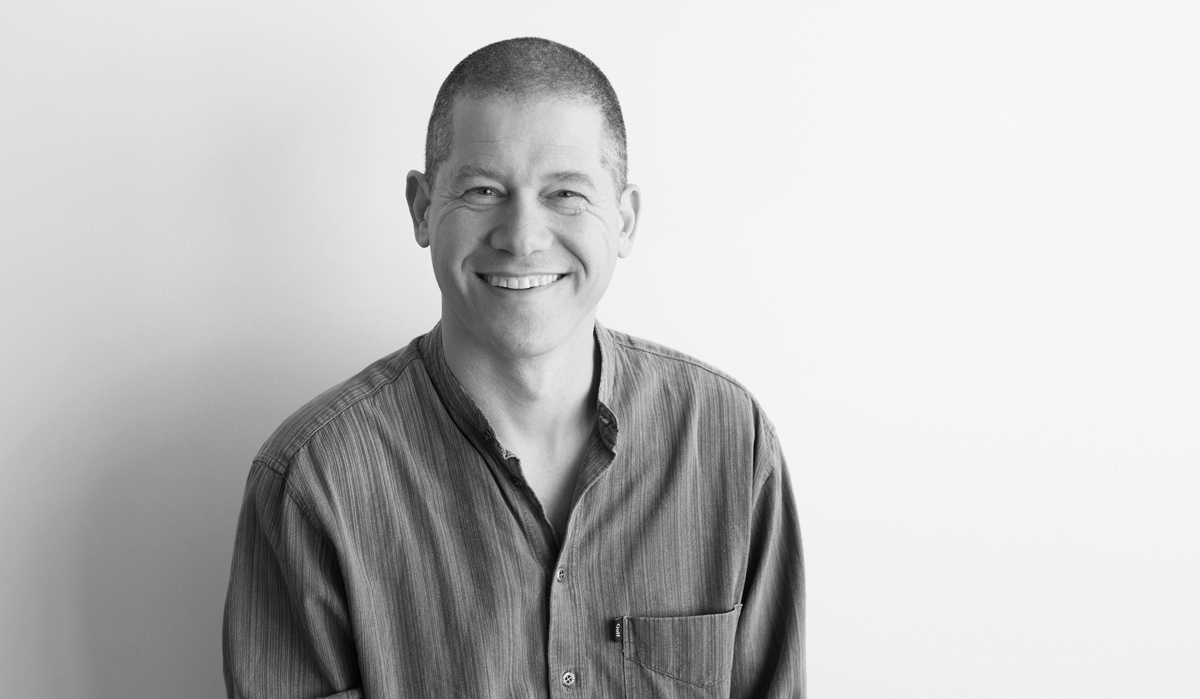
About me
When I was twenty four, I traveled to japan. For two years I studied Aikido in a dojo (the traditional training school), where many different teachers taught daily hundreds of students of different levels and ages. The way they taught was very different from what I encountered before. At the same time, observing my fellow practitioners I noticed enormous differences in style of movement, rate of learning and grace of execution. This experience set me looking for work in the field movement and learning. That is how I came across the work of Moshe Feldenkrais.
From the first pages of his first book I read (“The potent self”), I felt I found something that was deep and meaningful for me. This feeling led me, two years later, to a feldenkrais practitioners training under the direction of Eilat Almagor and Anat Baniel, from which I graduated in 1998. Twenty years after my first encounter, after having tasted and experienced many other methods and teachings of body and movement, I still feel that the work of Feldenkrais is of special value. In essence, it is a powerful research method, which enables me to research body movement and action by myself, on myself and by working with others.
Shortly after I graduated as a certified feldenkrais practitioner I had the pleasure of studying an M.A. Degree in the Cohn institute for the history and philosophy of science and ideas at the Tel Aviv university. Four years of intensive research into philosophy and history of science taught me to think critically about what I do myself, and to examine the dynamics active in the building of a body of knowledge. In my master’s thesis, I analyzed the concept of “learning” as it is used in research in biology and comparative psychology. Analyzing the way in which our belief system and the intuitive content we assert to concepts influence the way we think and act, both in everyday life and in the context of building a body of knowledge (for example, a method), is a powerful tool I have been using ever since.
At about my graduation from the Feldenkrais training I also decided I wanted to learn to sing. I have never sung before. Furthermore, I always thought I should not even try, because I have no talent for it. I do not remember why I decided to do so, only the feeling of the first lesson. A feeling of abrupt awareness of the big gap between the image I had of myself and the things I could really do with my voice. From that moment on I investigate the human voice as a function and action, alone and together with other people, such as singing teachers and speech therapists. I also teach people how to find new ways to use their voice.
For the last ten years I have been living with my family in Catalonia, Spain. I am an immigrant, a person who grew up in one culture and lives in another. The life of an immigrant is a constant process of adaptation to the new, coping with the unknown, longing the things you left behind. It is also an opportunity for learning about the role of family, friends and society in the life of the individual. This is true both personally, and in what I observe in the life of my clients.
In my daily work I meet people from three main categories: children with developmental problems, adults who suffer some kind of a crisis, a less than their normal level of functioning, and people who want to learn how to develop beyond their habitual range of action, such as musicians, dancers, or athletes. With each one I try to find the necessary conditions and the best way through which they could learn to feel better what they already do, and to learn to do something they could not think was possible before.

